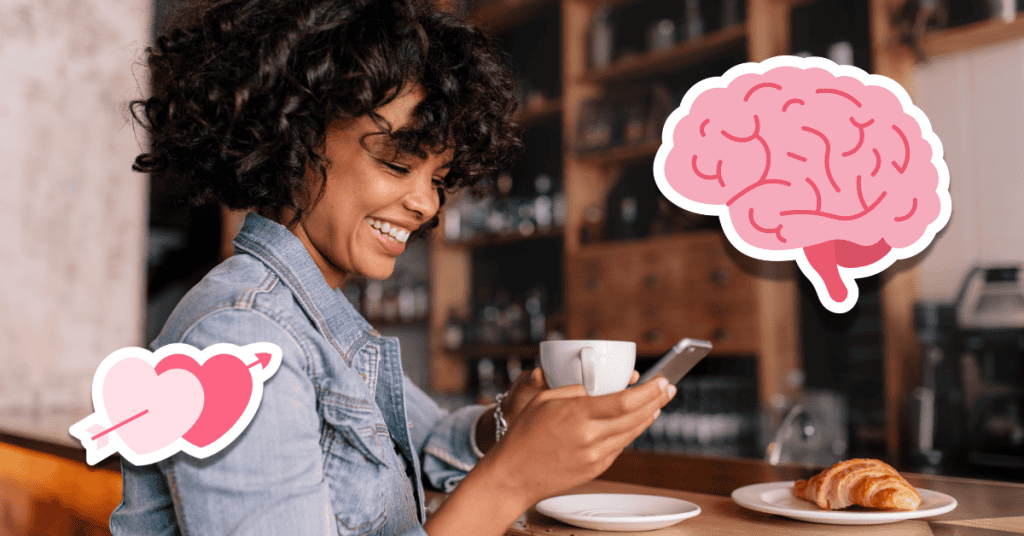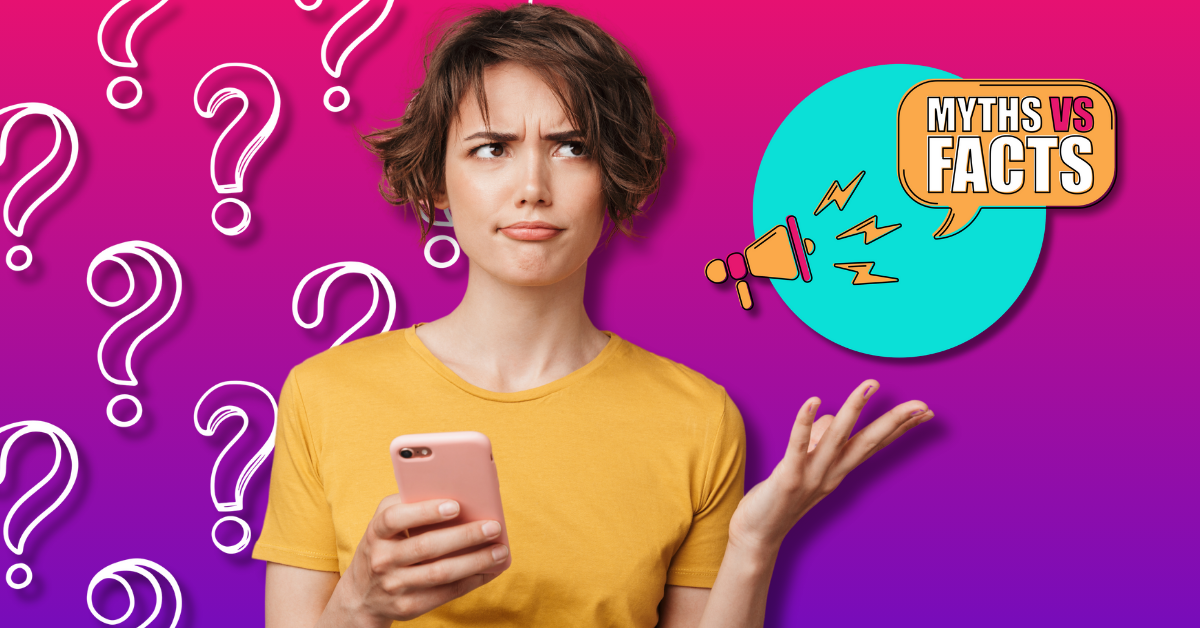Dating apps have transformed the romance landscape in so many ways in the last decade, but have you ever wondered, besides the apparent reason for finding a romantic partner, why we are drawn to them again and again–even after swearing them off? Are there other factors at play? And if so, what are they?
Of course, there are, duh! Dating apps didn’t get where they are just by being the most convenient and quickest way to find a date or romance–they know what they are doing! In addition to connecting potential compatible matches, these platforms also draw upon psychological principles to keep people returning to the platforms.
We will take a super close look at how dating apps draw upon (and possibly even manipulate us mere humans) psychology to create more compatible romantic interactions between users.
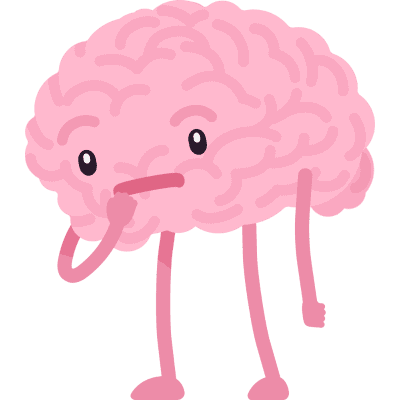
The Paradox of Choice
When given a lot of choices, even too many, people can become overwhelmed and indecisive. In his book “The Paradox of Choice,” Barry Schwartz explains that when people have too many options, they tend to become paralyzed, and most of the time, they end up not choosing at all. Dating apps try to diffuse the paradox of choice by using powerful algorithms to cut down on daters’ choices and provide a limited number of suggested daily matches. This intentional decrease encourages users to spend more time chewing over each potential match.
And Derek D. Rucker and Thomas W. Galinsky from the Kellogg School of Management noted in their 2009 study that overwhelming choices can result in reduced satisfaction as well! By presenting only a certain number of matches, dating apps like Coffee Meets Bagel hopes to increase user satisfaction and reduce the too-many-decisions-to-make stress.
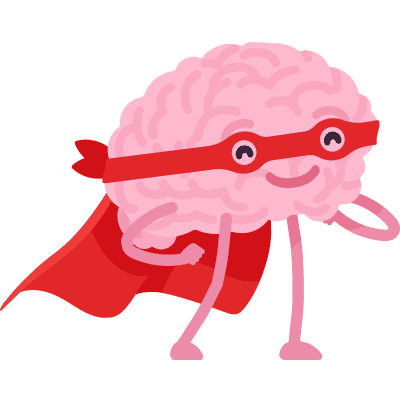
The Mere Exposure Effect
The mere exposure effect is a psychological phenomenon where people tend to develop a preference for things merely because they are familiar with them. In the context of dating apps, profiles that appear more frequently or those that users spend more time viewing may become more appealing–some dating apps boost the profiles users have previously interacted with, leveraging this psychological principle.
A study conducted by Robert Zajonc in 1968 showcased that simple exposure to a stimulus can increase liking for it–Tinder’s repeated display of certain profiles could utilize this effect, making familiar faces seem more attractive.
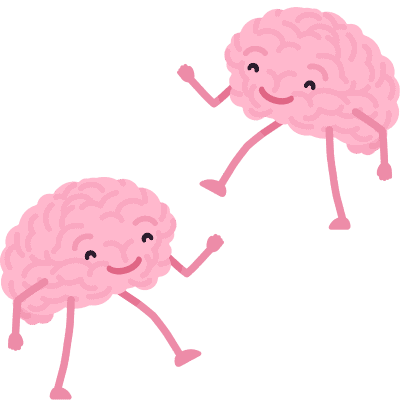
Reciprocity Principle
When someone does something nice or goes out of their way for us, we often want to return the favor, and some dating apps know this and use it for (or against, depending on how you see it) us. They do it by alerting users when someone likes them–this lil’ nudge often encourages the recipient to check out the admirer’s profile and potentially ‘like’ back, setting the stage for a match. Whether they are truly interested or if it’s a courtesy or “guilt like” remains to be seen.
Dr. Robert Cialdini’s groundbreaking work on persuasion highlighted reciprocity as a powerful influencer of human behavior. The “Super Like” feature in Tinder, which notifies the person being liked, is one of the best examples of the principle, prompting the recipient to reciprocate the interest because someone showed a little more interest in them.
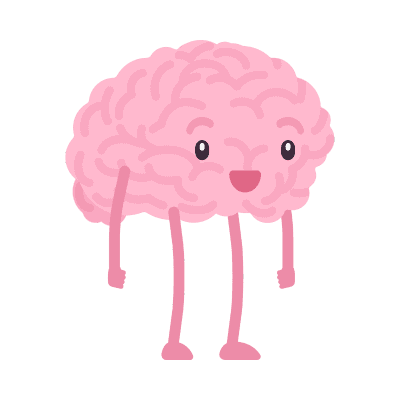
The Anchoring Effect
First impressions always matter and in the world of online dating, this is especially true. The anchoring effect refers to our tendency to rely heavily on the first piece of information we get (the “anchor”) when making decisions–on dating apps, the first pic or piece of info on a profile becomes that anchor. That’s why there is so much importance placed on dating profile images–users are constantly being reminded to choose their primary pic wisely.
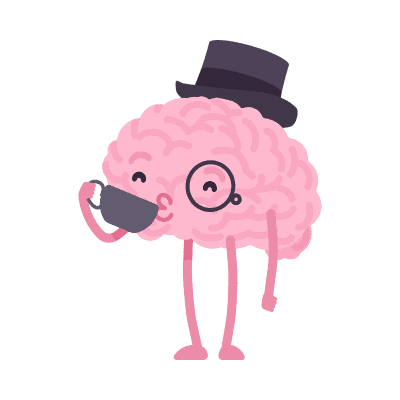
Instant Gratification
Dating apps cater to our constant desire for instant gratification–when we swipe right and get an immediate match, the serotonin and dopamine rushes can be addictive! This quick reward system motivates people to keep using the app–not only for the rush but for the chance to meet your match.
Research by Dr. Kent Berridge of the University of Michigan shows that dopamine is not just about pleasure–it’s more about “seeking and desiring” The instant “It’s a Match!” notification that pops up on apps like Tinder gives users a sweet dopamine hit, which drives them to keep on swiping and scrolling.
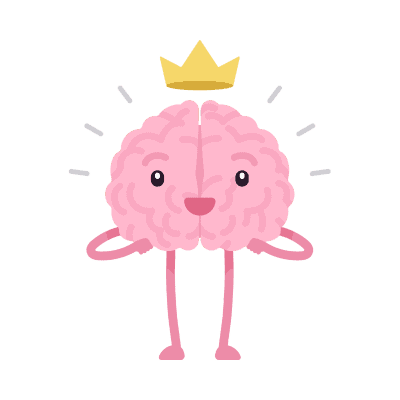
The Halo Effect
The Halo Effect is a cognitive bias where our overall impression of someone influences our feelings about their specific traits. A striking photo or a compelling bio can make a person seem more attractive overall. Recognizing this, dating apps often guide users on how to present their best selves, optimizing profiles for maximum appeal.
Nalini Ambady from Tufts University demonstrated through her research that quick judgments can lead to evaluations based on very little info or details–when users come across a profile with an appealing photo, they might attribute more positive qualities to that person, making them seem more attractive overall.
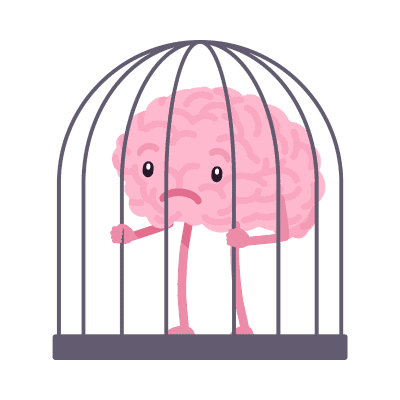
Social Proof
People tend to do things they see others doing, assuming that those actions reflect the correct behavior. Dating apps showcase testimonials, success stories, and high user counts as social proof to reassure users that they are in good company and that real connections are possible.
A 1969 study by Milgram, Bickman, and Berkowitz found that people are more likely to engage in action if they see others doing it. Hence, showcasing the number of happy relationships fostered by a dating app can make new users more comfortable and excited about using the app.

Commitment and Consistency Principle
Once we choose or take a stand, we encounter personal and interpersonal pressures to behave consistently with that commitment. Many dating apps have features like prompts to continue conversations or reminders to engage with the app–these nudges leverage our desire to be consistent with our commitment to finding a romantic partner.
Cialdini, in his book “Influence: The Psychology of Persuasion,” talks about how once we commit to something, we are more likely to go through with it. Bumble’s 24-hour window for starting a conversation can be seen as an example: once you match, there’s a time-bound commitment to initiate.
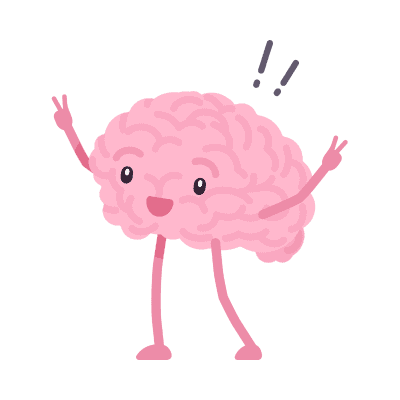
The Endowment Effect
This psychological principle suggests that people ascribe more value to things merely because they own them. A 1991 study by Knetsch showcased how people tend to overvalue items they own. Translated to dating apps, once we match with someone, we may feel a certain ‘ownership’ or connection, making the match seem even more valuable or attractive to us.

The Scarcity Principle
People desire things more when they are perceived as scarce. A 1975 study by Worchel, Lee, and Adewole demonstrated that people find cookies in a near-empty jar more desirable than those in a fully-stocked jar, and some dating apps employ this by showing when someone has been “highly liked” or emphasizing that active users are a limited-time opportunity, urging you to act quickly or lose out.
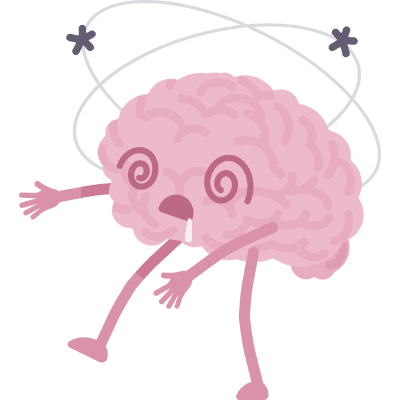
Feedback Loop
B.F. Skinner’s operant conditioning theory demonstrates that reinforced behavior tends to be repeated. Dating apps are designed to provide frequent feedback (matches, messages, likes) that keep users engaged and returning for more.
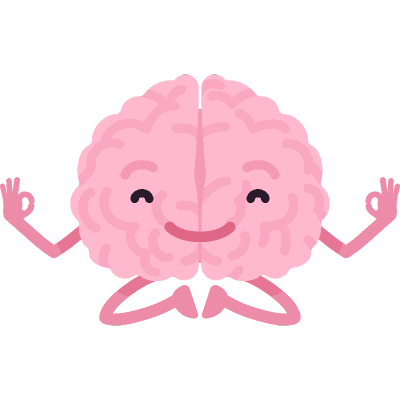
Cognitive Dissonance
Leon Festinger’s theory in 1957 suggests that we strive for consistency in our beliefs and actions. When there’s inconsistency (dissonance), we tend to make changes to achieve balance. On dating apps, if someone has put time into building a profile and engaging with others, they may rationalize continued use of the app to align with the effort they’ve invested.
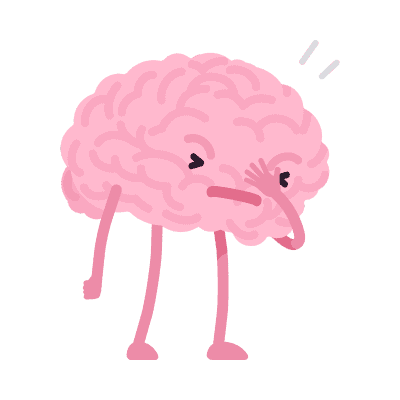
The Zeigarnik Effect
Named after Russian psychologist Bluma Zeigarnik, this effect is the idea that people remember uncompleted tasks better than completed ones. When a conversation on a dating app is left open-ended or a profile is left unmatched, it might linger in one’s thoughts, prompting a return to the app to achieve “closure.”
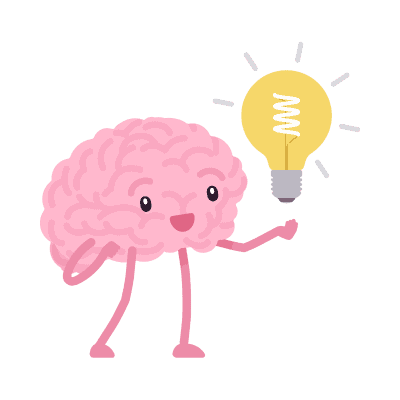
The Peak-End Rule
Studies by Nobel prize-winning psychologist Daniel Kahneman found that people judge experiences based on how they were at their peak and how they ended. Dating apps often showcase high points, such as relationship success stories, and try to ensure positive user experiences to leave a lasting, positive impression.
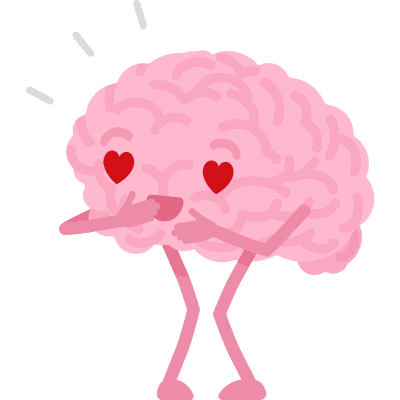
Similarity-Attraction Effect
Research has consistently shown that we are drawn to individuals similar to ourselves. Dating apps, like eHarmony, use comprehensive personality tests to match users based on shared traits and values, playing into this psychological principle.
Takeaways
The intricate world of online dating is a prime example of technology meeting human behavior–it’s a fascinating intersection of human behavior and technology. Dating apps, in their design and mechanics, tap into well-established psychological principles.
By understanding the psychological principles at play, users can navigate dating apps more effectively and find their perfect match. As with all tools, the key lies in understanding how they work and using them to one’s advantage.
